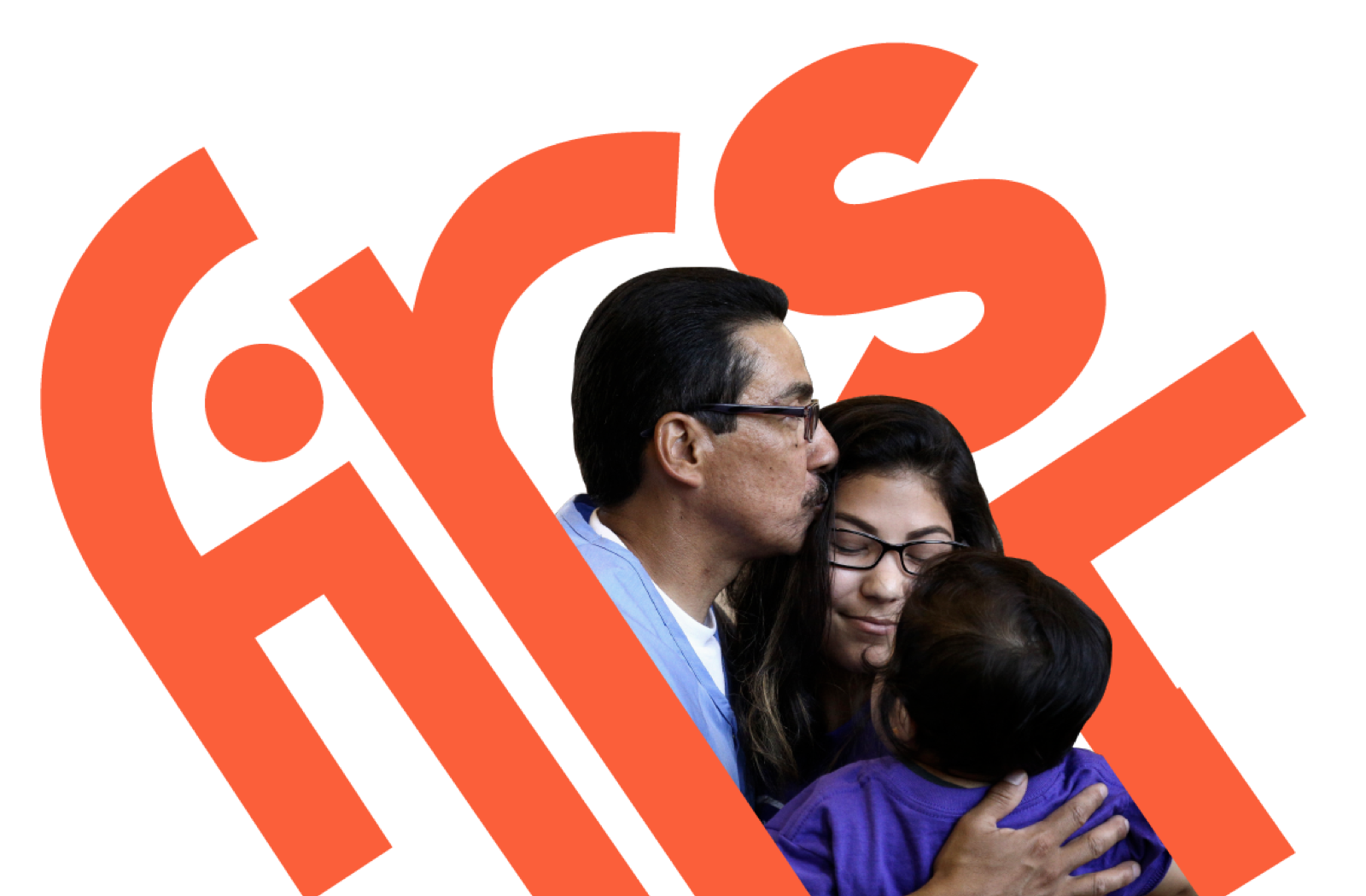To be convicted, incarcerated, and formerly incarcerated is to live with the flattening and dehumanizing labels of the criminal justice system. Words are nothing and words are everything. This report is a capstone that tops years of organizing and advocacy from so many of my peers and friends who have been pleading through reports, suggested style guides, op-eds, social media campaigns, meetings with reporters, and more for the media to stop reproducing the assumptions, logic, and language of the devastating American criminal justice system.
How the press refers to us in their news pages and nightly news reports matters more than most people realize. In 2006, formerly incarcerated leader Eddie Ellis penned An Open Letter to Our Friends on the Question of Language in which he said, “If we cannot persuade you to refer to us, and think of us, as people, then all our other efforts at reform and change are seriously compromised.” This new research from FWD.us corroborates his case with unequivocal data.
Since Eddie’s letter, so many different individuals and organizations have driven efforts in support of “people-first” language to describe those entangled in the criminal justice system: The Advancement Project, Osborne Foundation, Fortune Society, Urban Institute, Vera Institute of Justice, JLUSA, and my own organization, Voice of the Experienced. We even succeeded in convincing the Obama Administration to issue an executive order scrubbing many of these words in grant applications and communications. And yet in the pages of my local newspaper, in questions at press conferences, and on TV news, it’s still “felon,” “convict,” “inmate,” and “offender.”
When I engage with reporters to request better language in future reporting, I am often met with arguments about word economy: that there’s no space on the page to spell out “person with a felony conviction,” but of course we know that editors and newsroom leaders find space when they need to. Our brothers and sisters in other movements have already shown that news outlets can make more responsible choices if we join together in calling out the harm they are perpetuating. On issues ranging from immigration, disability and LGBTQ+ rights, and feminism, news outlets have changed their style guides and found space on the page for descriptions of people that respect their individuality and dignity. It’s long past the time to do the same for the words used to describe people impacted by the criminal justice system.
I also sometimes hear that journalists use the jargon of the criminal justice system because this is how many people in prison refer to themselves. But when marginalized people reclaim oppressive terminology as an empowerment strategy it is not a permission structure for the privileged to do the same.
The last argument is the one I hear most often: that these “official” terms are neutral and accurate descriptions of a person’s status in the criminal justice system. We already know that people are much more than their criminal justice system involvement, and this important new research from FWD.us confirms they are not and have never been neutral descriptors. In fact, when audiences read and hear words like “felon” and “inmate” they are more afraid of, less open to, less curious about, and less supportive of people with experiences like mine and the opportunities that would make me most safe and free.
Changing the words we use will not end mass incarceration or bring about much-needed systemic changes alone. But I do believe that more responsible language choices are a part of what helps make the space for the just world we are trying to build. And we can’t afford to wait any longer on that.






















